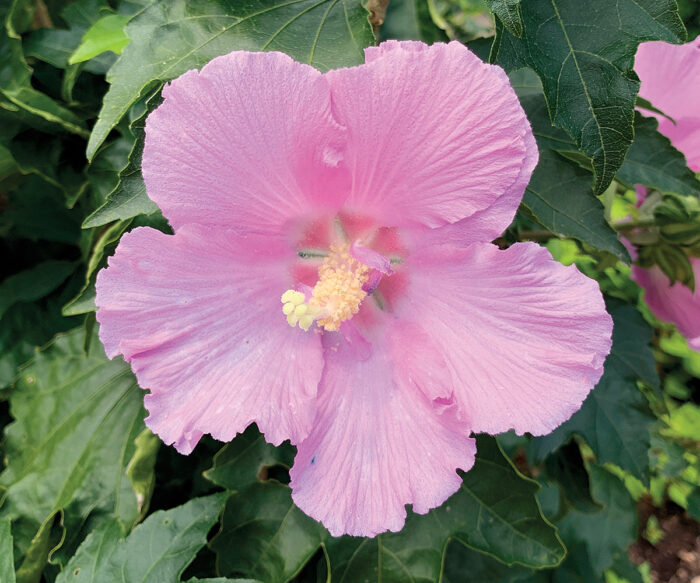
What comes to mind when you think of “old school” or “classic” plants? You might think of your grandmother’s bigleaf hydrangea (Hydrangea macrophylla and cvs., Zones 5–9), common lilac (Syringa vulgaris and cvs., Zones 3–7), forsythia (Forsythia spp. and cvs., Zones 5–8), or her ultimate classic—rose of Sharon (Hibiscus syriacus* and cvs., Zones 5–9). Native to China and India, rose of Sharon, or althea, was introduced to the Americas prior to the 1600s. It has stood the test of time for several reasons, including its ability to thrive with virtually no care. It is also the only woody Hibiscus species that is hardy north of Zone 8. That, combined with its ease of growing from seed and its dependable blooms, made it a great pass-along plant for hundreds of years—a blessing and a curse.
Rose of Sharon did fall out of favor in the latter part of the last century, but in recent years there has been a resurgence in new and improved cultivars. Breeders have been developing plants with variegated foliage, double flowers, and dwarf and columnar forms, as well as plants that don’t produce seed. I have amassed a collection of over 25 of the newest cultivars at the University of Tennessee Gardens in Jackson. There are so many good ones that it is hard to choose a standout, but if pressed, I would say that Pollypetite® is among my most recent favorites.
Growing into a small rounded habit, this selection has large, dark green, maple-like leaves, and large, soft, lavender-pink flowers with no eye. It begins to bloom in late spring. Both its leaves and its flowers are bigger than those of conventional rose of Sharons, making it look more like a tropical hibiscus (Hibiscus rosa-sinensis and cvs., Zones 9–11) but without being garish and gaudy. When it is grown in average to good garden conditions, blooms continue into fall. For the best flower production, this shrub should be grown in six or more hours of direct sun. Bees, butterflies, and hummingbirds are attracted to its nectar, and the large petals make for an easy landing.
Pollypetite® is a second-generation hybrid and has the highest level of sterility ever seen in rose of Sharons, effectively solving the problem of unwanted seedlings in your garden. It is the result of an openpollinated cross between two cultivars of Hibiscus paramutabilis × syriacus, ‘Tosca’ and ‘Lohegrin’, by legendary horticulturist Polly Hill (1907–2007). The hybrid, given the cultivar name ‘Rosina’ in 1997, has been recently rebranded and brought to market with the trademark name Pollypetite®.
Like other rose of Sharons, Pollypetite® is tolerant of a wide range of soil types; once established, it is drought tolerant as well. It is also deer resistant. I have found it to not be very attractive in a nursery pot and to be a little slow to start in the landscape—like some other dwarf shrubs—but it is well worth the wait in the end. Its compact size, sterility, and ability to thrive in a wide range of conditions make this plant a winner in most gardens.
Pollypetite® rose of Sharon
Hibiscus ‘Rosina’
Zones: 5–9
Conditions: Full sun; adaptable to a wide range of average to dry soil types
Native range: China, India
*Invasive Alert:
Rose of Sharon (Hibiscus syriacus)
This plant is considered invasive in TN and WV.
Please visit invasiveplantatlas.org for more information.
Jason Reeves has been putting plants to the test at the University of Tennessee in Jackson since 2002 and can be followed on Facebook at “Jason Reeves – in the garden.”
Illustration: Elara Tanguy
Sources
- Great Garden Plants, Grand Haven, MI; 877-447-4769; greatgardenplants.com
- Sooner Plant Farm, Park Hill, OK; 918-453-0771; soonerplantfarm.com


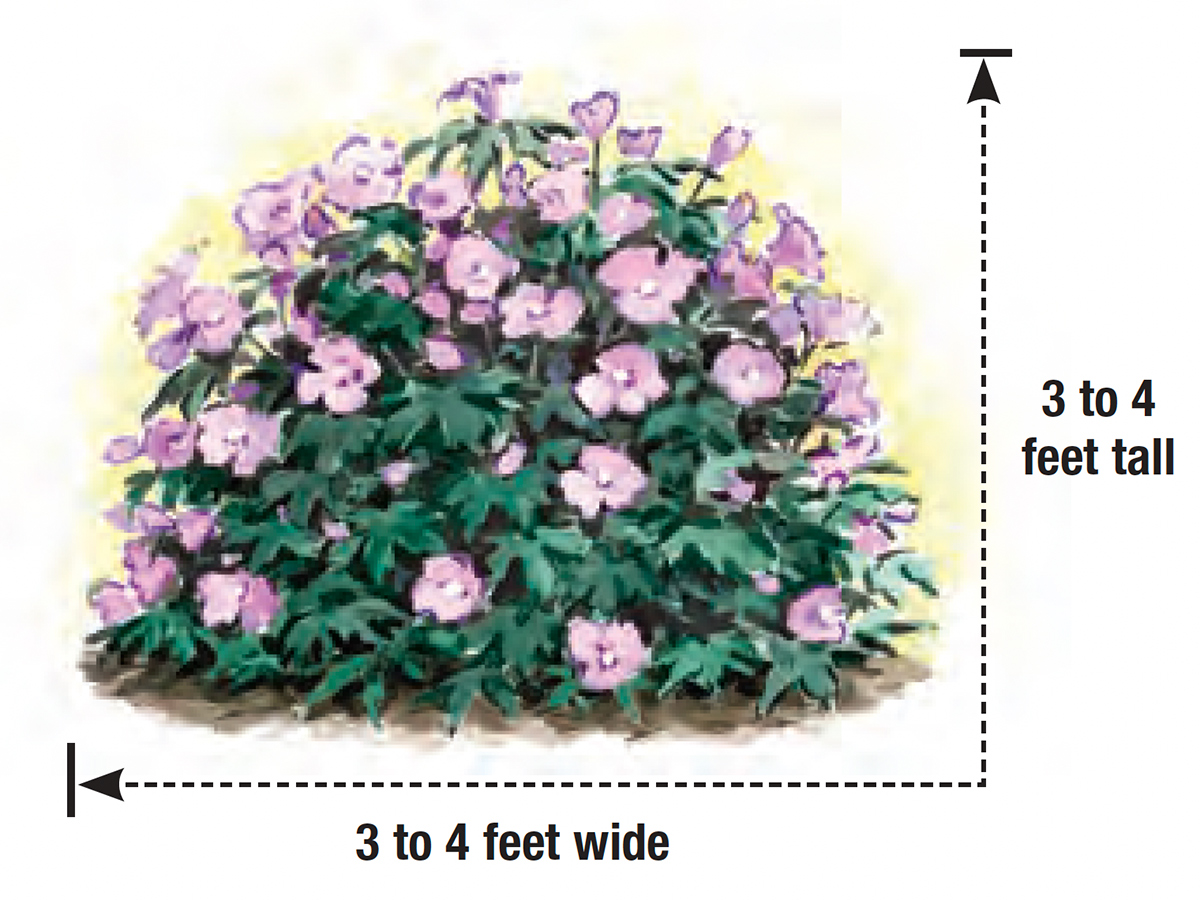
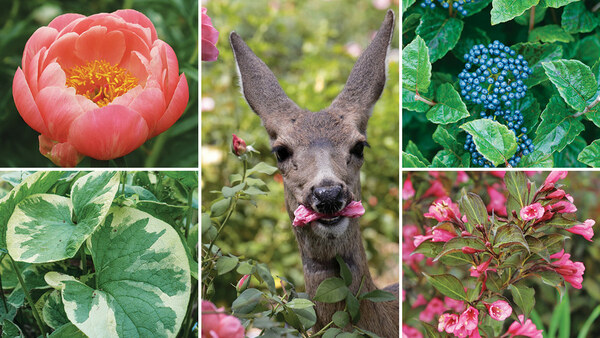

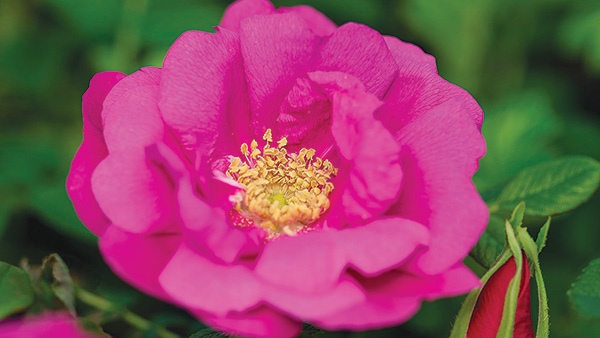

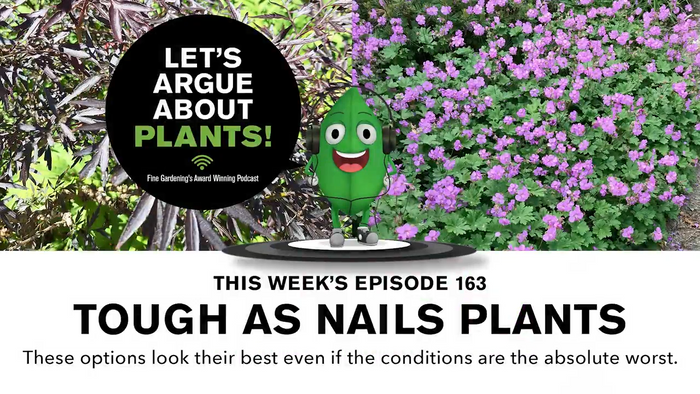
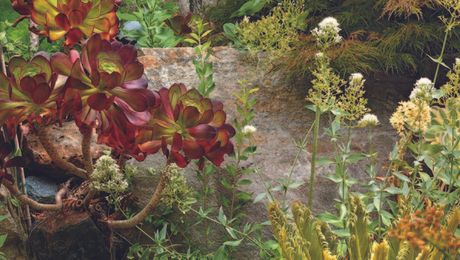
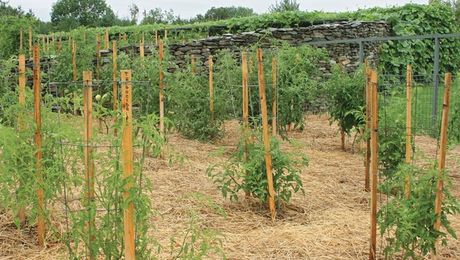









Comments
Log in or create an account to post a comment.
Sign up Log in